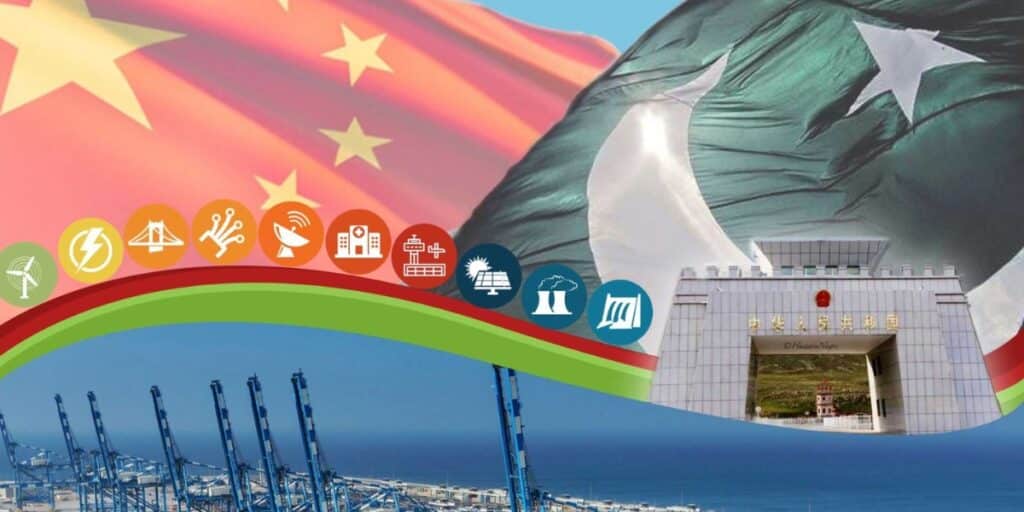ASTANA: Federal Minister for Communications Abdul Aleem Khan has stated that landlocked states can transform into land-linked economies through trade corridors, adding that Pakistan is prepared to play a pivotal role in connecting South Asia, the Middle East, and Central Asia.
Speaking at the Silk Way Transport Forum in Kazakhstan, Abdul Aleem Khan emphasised that the Islamabad–Tehran–Istanbul Road link is of vital importance for Pakistan.
He noted that the China–Pakistan Economic Corridor (CPEC) and the Belt and Road Initiative (BRI) are redefining regional trade relations.
The minister pointed out that customs regulations and visa barriers often delay regional connectivity.
Highlighting the strategic significance of Eurasia — the world’s largest landmass — for Pakistan, he said that joining the TIR Convention and African trade agreements marks a milestone for regional cooperation.
He further added that CPEC, as the flagship project of the BRI, carries a vision of self-reliance and economic growth by 2030.
Abdul Aleem Khan stressed that it is the collective responsibility of nations to turn international corridors into pathways of peace and prosperity.
He noted that Pakistan is playing a key role in global and regional connectivity.
The minister also underlined that digital transformation in the transport sector is enhancing transparency, while climate change and supply chain disruptions pose new challenges that can only be addressed through cooperation.
The Silk Way Transport Forum was attended by transport ministers from 12 countries, including Kazakhstan, Türkiye, Iran, Uzbekistan, Turkmenistan, Azerbaijan, Georgia, Belarus, and the Russian Federation.
The Pakistani delegation received a warm reception, and the Federal Minister was given an impressive welcome.
Abdul Aleem Khan’s remarks at the Silk Way Transport Forum came in the backdrop of Pakistan’s growing efforts to expand regional connectivity through trade and transport links.
In recent years, Islamabad has placed particular focus on the China–Pakistan Economic Corridor and the Belt and Road Initiative as gateways to integrate with global supply chains.
The minister’s emphasis on the Islamabad–Tehran–Istanbul route reflects Pakistan’s ambition to strengthen its role as a bridge between South Asia, the Middle East, and Central Asia.
ALSO READ: CPEC phase II to link Balochistan’s minerals with Gwadar: Ahsan Iqbal
His statement also underlines the government’s recognition that easing customs and visa restrictions is key to unlocking regional trade potential.





